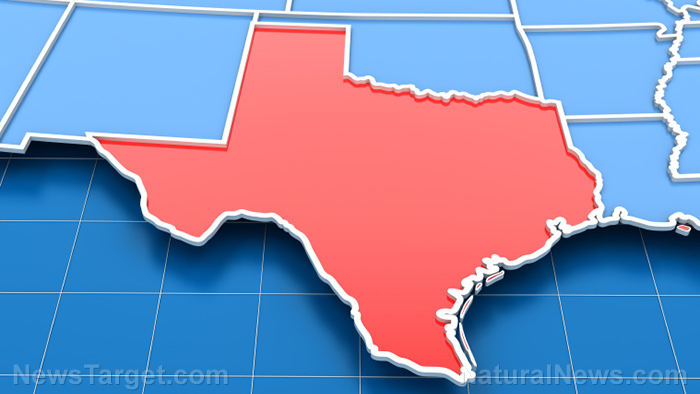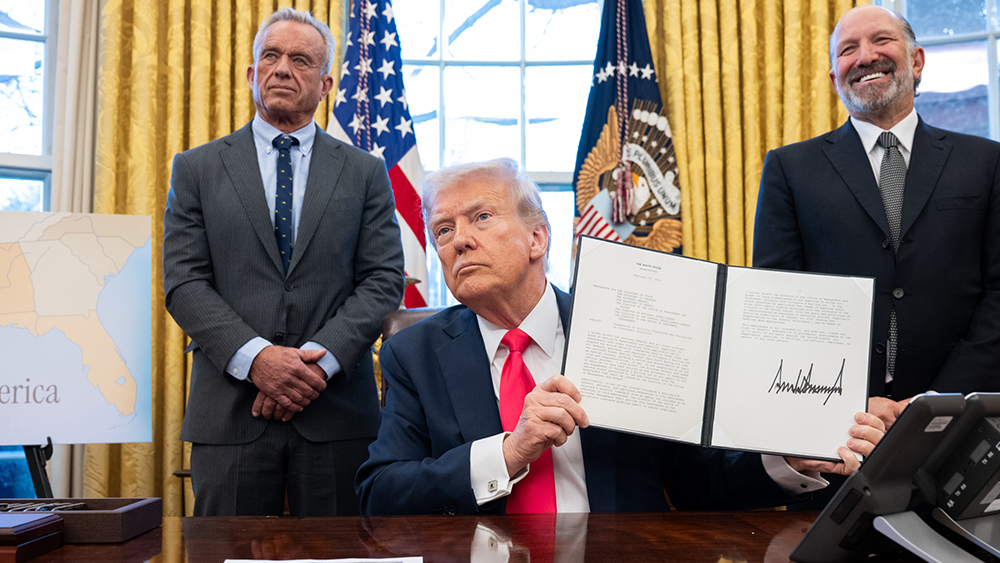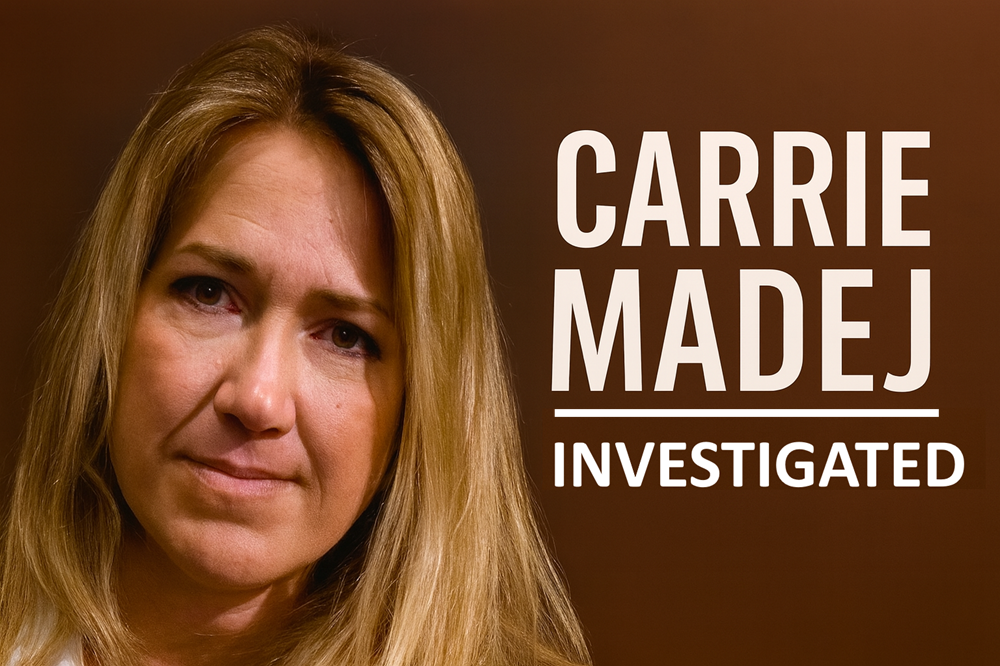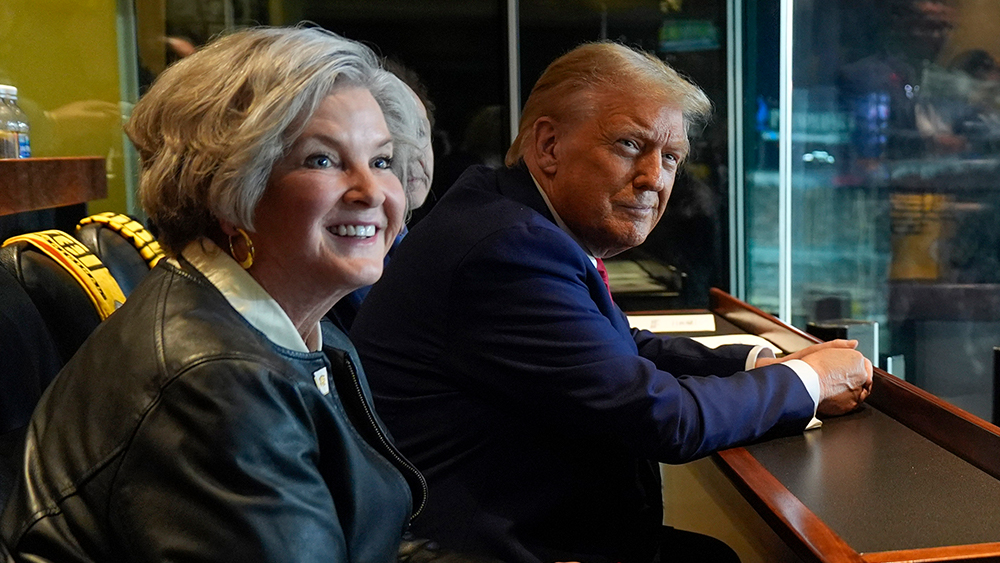A bitter pill: U.K.’s new “milkshake tax” stirs controversy
11/18/2025 / By Willow Tohi

- U.K. Chancellor Rachel Reeves is set to introduce a “milkshake tax” by ending the sugar tax exemption for milk-based beverages.
- The new levy will apply the existing Soft Drinks Industry Levy to sugary milk drinks and lower the sugar threshold from 5g to 4g per 100ml.
- The tax change, effective April 2027, is projected to generate between £50 million and £100 million for the Treasury.
- Industry groups criticize the measure, warning it will raise consumer prices while having a negligible impact on public health.
- The policy shift follows the government’s abandonment of a planned income tax increase after improved economic forecasts.
Faced with a deepening budget crisis, U.K. Chancellor of the Exchequer Rachel Reeves is pivoting from a proposed income tax hike to a novel revenue source: a levy on sugary milk-based drinks. Dubbed the “milkshake tax,” the policy will end the long-standing exemption for dairy beverages under the U.K.’s Soft Drinks Industry Levy. Set to take effect in April 2027, the move has ignited a fierce debate, pitting public health ambitions against economic concerns and accusations of governmental overreach. The decision arrives just days after the government scrapped plans to raise income tax rates, revealing a Treasury scrambling to fill a £20 billion fiscal shortfall with smaller, more targeted measures.
The mechanics of the new levy
The proposed tax adjustment involves two key changes. First, it will bring milk-based beverages fully under the umbrella of the existing Soft Drinks Industry Levy, from which they have been exempt. Second, it will lower the levy’s threshold, meaning drinks with more than 4 grams of sugar per 100 milliliters will be taxed, down from the current 5-gram trigger. Treasury forecasts suggest this could generate between £50 million and £125 million annually—a modest but politically palatable sum in the context of the nation’s finances. This approach marks a significant tactical shift for Chancellor Reeves, who had previously signaled that “tough choices” would be necessary, including potential increases to income tax, before improved economic forecasts provided a temporary reprieve.
Health goals versus economic realities
The government’s stated aim is to combat obesity by reducing sugar consumption, a continuation of the public health rationale behind the original 2018 “sugar tax.” However, industry groups have launched a robust counter-offensive, arguing the measure will inflict economic pain for minimal health gain. Gavin Partington, Director General of the British Soft Drinks Association, stated that the move “risks undermining years of investment in reformulation for little health gain.” He highlighted that 70% of soft drinks sold in the U.K. are already low or no sugar and calculated that the resulting calorie reduction would be “equivalent to half a grape per person each day.” Meanwhile, retailers warn that the tax could increase supermarket prices for these products by up to 5%, a cost that would ultimately be borne by consumers.
A political storm in a milkshake cup
The policy has drawn immediate political fire, transforming a budgetary technicality into a symbol of broader political conflict. Shadow Chancellor Sir Mel Stride condemned the proposal as a desperate move that would “punish businesses that played by the rules” merely “to save Rachel Reeves’s skin.” The controversy underscores the delicate balancing act for the government, which is attempting to stabilize public finances without breaking explicit manifesto promises not to raise income tax or National Insurance. This “milkshake tax” allows the government to claim it is upholding its pledge on direct taxes while still raising revenue, albeit through a mechanism that critics label as regressive and ineffective.
Historical context and the global sugar tax trend
The U.K.’s Soft Drinks Industry Levy, introduced in 2018, was a pioneering policy that inspired similar measures in dozens of countries and several U.S. cities. Its initial impact was notable; before it even took effect, many beverage manufacturers reformulated their products to slash sugar content and avoid the levy. This new expansion into dairy drinks represents the next frontier for such public health taxes. Historically, excise taxes on specific goods—from tobacco to alcohol—have been used by governments for both revenue generation and social engineering. The current debate echoes past controversies, questioning whether the state’s role is to nudge citizen behavior or to avoid penalizing consumer choice, especially when the health benefits are contested.
A measure of last resort?
As the U.K. government searches for solutions to its budgetary constraints, the “milkshake tax” highlights the limited and often unpopular options available. It is a policy born of fiscal necessity rather than pure public health conviction, a small lever pulled in a vast economic machine. While it may provide a minor boost to the Treasury’s coffers, its legacy will likely be measured by its political fallout and its real-world impact on both business and consumer wallets. The coming years will reveal whether this targeted levy proves to be a smart fiscal innovation or merely a drop in the ocean of the U.K.’s financial challenges.
Sources for this article include:
Submit a correction >>
Tagged Under:
big government, debt bomb, debt collapse, food prices, food supply, government debt, government overreach, health freedom, milkshake tax, money supply, Rachel Reeves, sugar tax exemption, tax, Tyranny, United Kingdom
This article may contain statements that reflect the opinion of the author


















